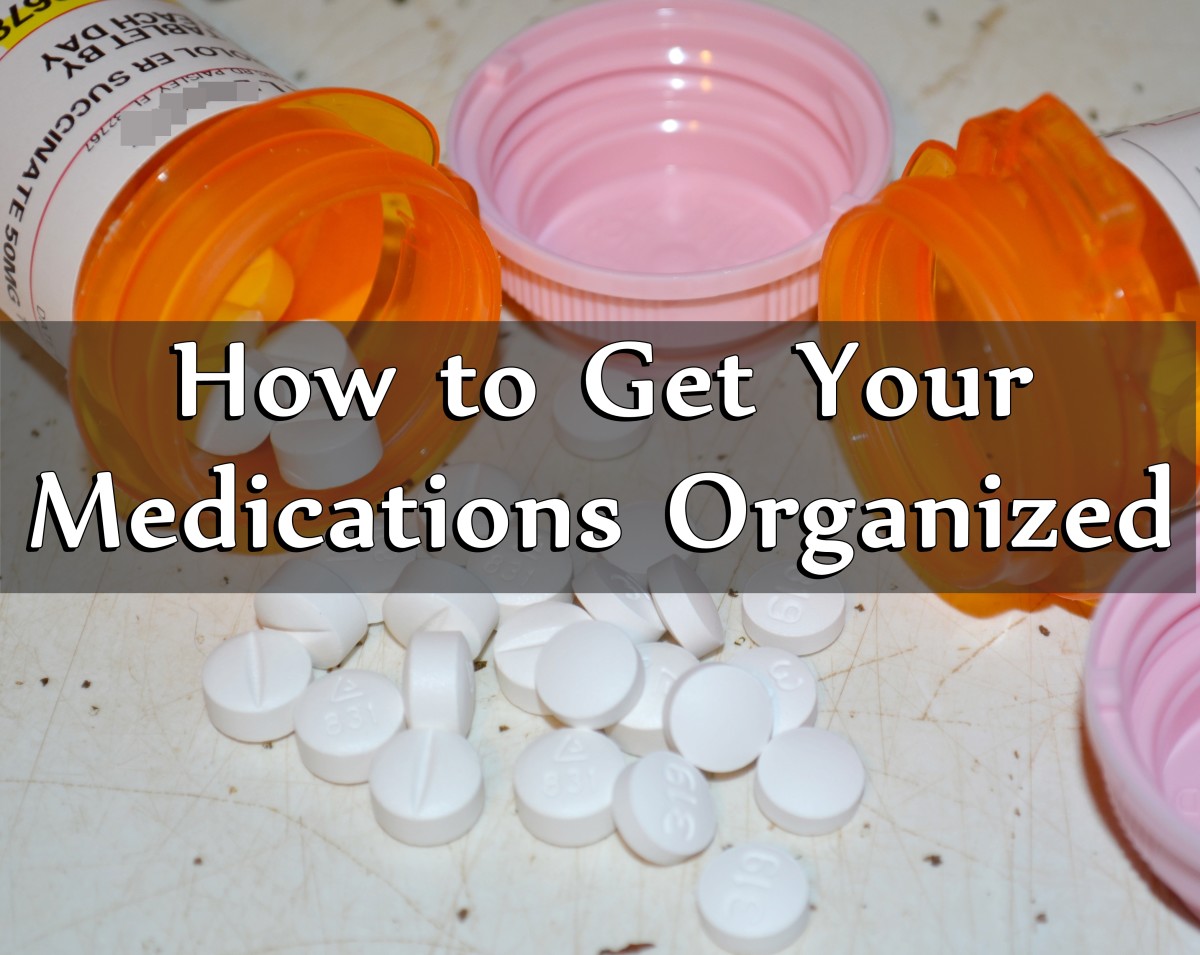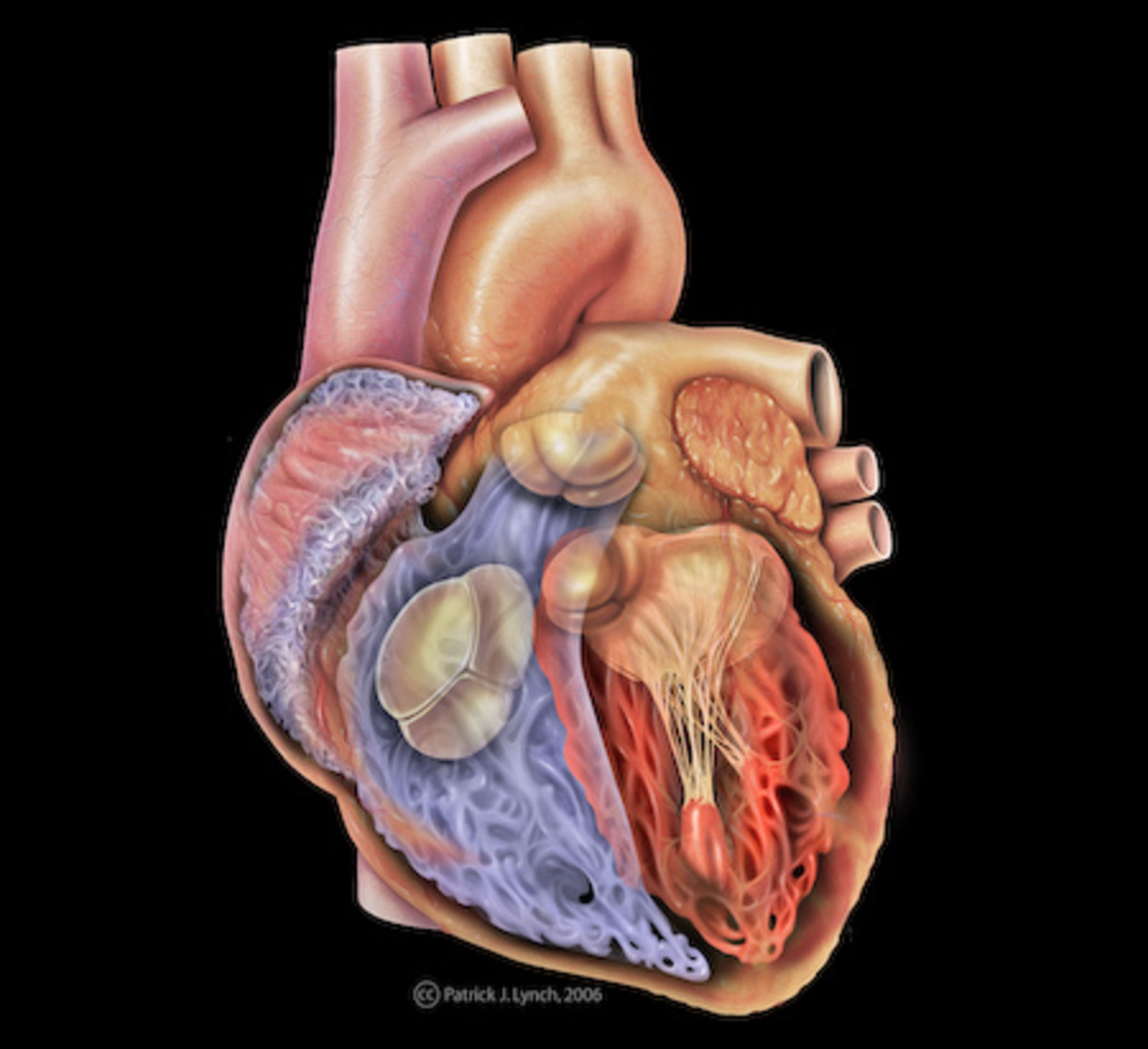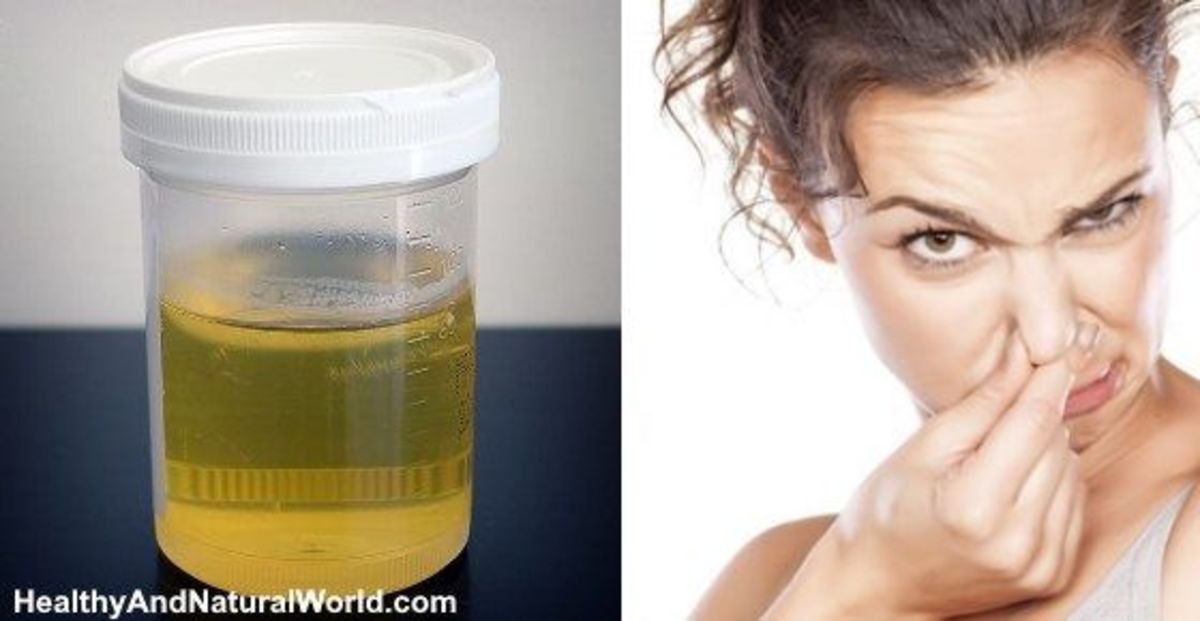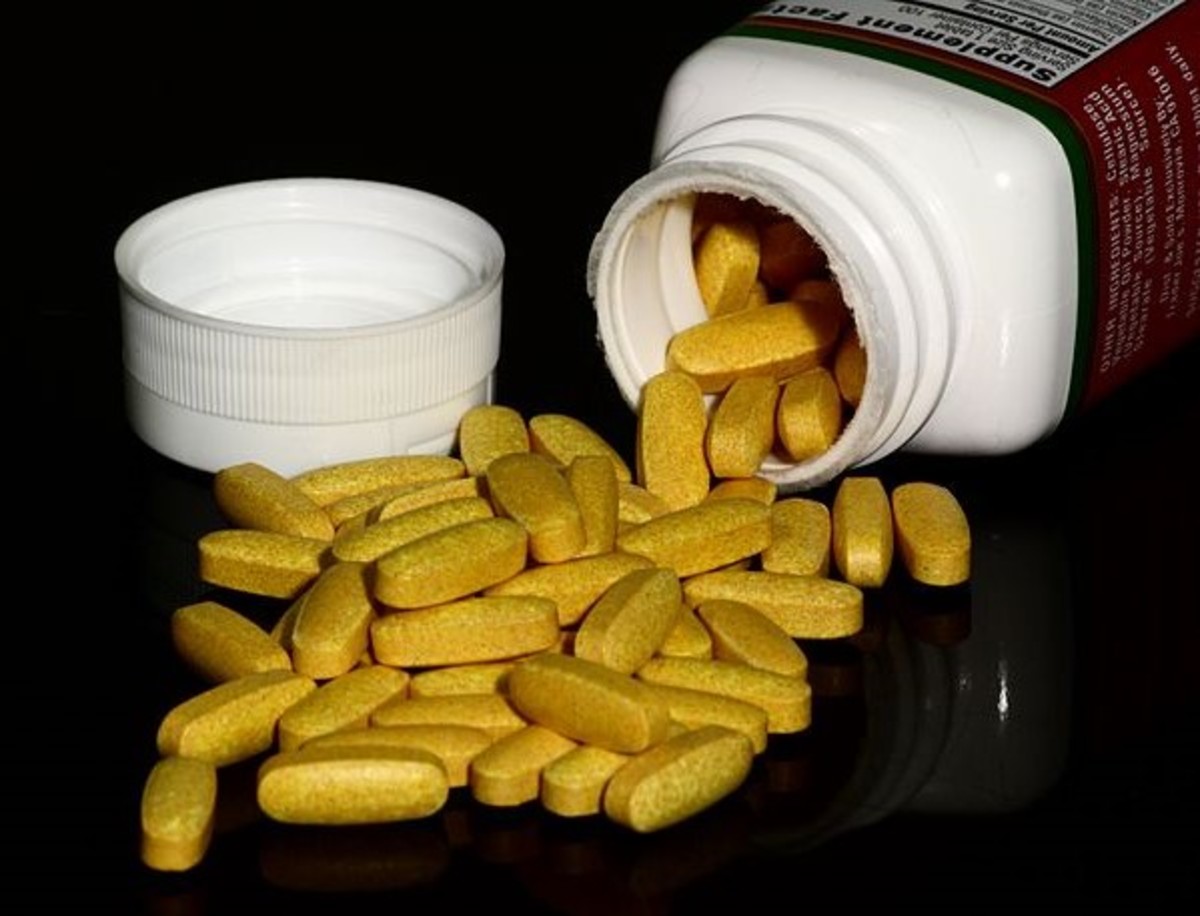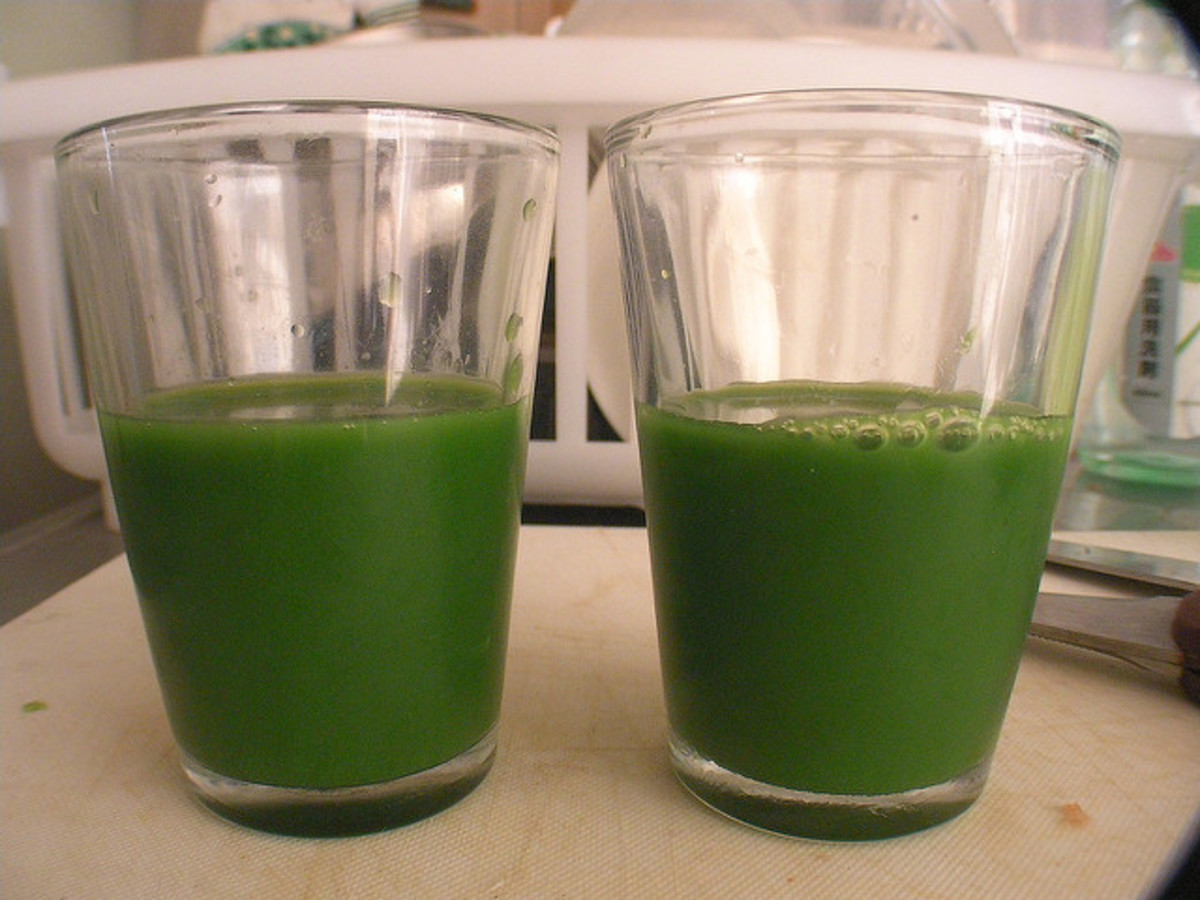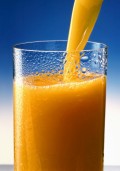Important Vitamins and Supplements for Seniors
vitamin supplements for seniors
It’s amazing the power some vitamins and minerals have. Funny, these things have been around forever, but thanks to the multitude of scientific studies, scientists and doctors are just beginning to unlock the healing secrets of some of these substances. Unfortunately, most of us don’t eat properly, so we’re missing out on a lot of potential benefits. This is very often the case with senior citizens, who don't always eat enough to get all the vitamins and minerals they need from diet alone.
This doesn’t have to be the case, however. By including dietary supplements in your daily routine, you can harness the power of vitamins and minerals for your body in a quick, simple way.
Which ones are especially important for seniors? Check below:
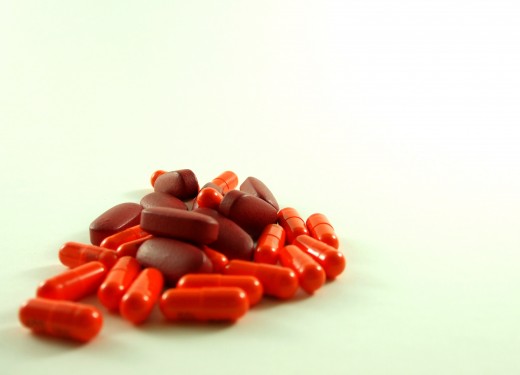
Vitamin B-12
Lots of older people don’t get enough B-12. This important vitamin helps break down food and converts them into energy. It can also strengthen the immune system, prevent blood clots from forming, and improve nerve function. It might even help prevent lung cancer, according to some studies. Seniors need 2.4mcg per day, in the form of capsules, liquids, pills, patches, and nasal sprays. Your doctor can also give you a B-12 injection.
Beta carotene
Beta carotene is a carotenoid that’s converted by the body into vitamin A. Since it’s fat-soluble, it should be taken with a little fat to ensure proper absorption. It’s very important for skin and eye health and can help aging skin. In fact, a severe lack of vitamin A can result in blindness. It strengthens the immune system in order to fight infections and cancer and has been linked to the reduced risks of cervical cancer, uterine cancer, mouth cancer, stomach cancer, skin cancer, bladder cancer, and lung cancer. Men need around 850 micrograms per day, while women need 700 micrograms daily.
Vitamin C
Everyone needs a healthy serving of daily vitamin C. What does C do? It helps build healthy collagen, an integral component of bones, ligaments, blood vessels, and tendons. It strengthens the immune system and helps wounds heal. Vitamin C helps keep skin, the heart, and the gums healthy and helps the body absorb iron. It can give a real boost to aging skin. Seniors need around 80-100mg per day, every day – since it’s water soluble, it’s quickly depleted in the body.
Calcium
This vital mineral goes hand-in-hand with vitamin D to form strong teeth and bones. But before the bones get any, the blood first takes what it needs, and if there isn’t enough for both, the blood will take what it needs from the bones. Calcium is also important in regulating cholesterol, maintaining the nervous system, enabling muscle function, and balancing the proteins in the body. Unfortunately, every time you sweat, urinate, and have a bowel movement, you lose calcium. If you don’t get enough in your diet, take a supplement. Seniors need between 700 and 1,000mg per day. Women who might be at risk for osteoporosis might need as much as 1,500mg daily.
CoQ10
Coenzyme Q10 is an enzyme helper that’s been in the news a lot for the past year or so. It’s been shown to be a powerful antioxidant and can help regulate blood pressure and maintain a healthy cholesterol level. It can also help prevent and treat periodontal disease, diabetes, cardiomyopathy, angina, and some cancers. Most health care specialists recommend a daily dose of 30-60mg of CoQ10 every day, but most adults get less than 10mg a day through diet. The CoQ10 supplement comes in an easy-to-take soft gel cap, and it’s best absorbed with fat.
Vitamin D
Vitamin D is a fat-soluble vitamin that helps the body absorb calcium in order to keep bones strong. Humans can process D naturally by exposure to sunlight, but many seniors don’t get outdoors enough, especially in cold weather. Also, few foods have sufficient quantities of the vitamin unless they’ve been fortified with it. Vitamin D is responsible for maintaining a healthy nervous system and can also lower the risk of developing cancer of the prostate, colon, breast, and rectum. It can also decrease inflammation in the body. Adults between the ages of 51 and 70 need 10 micrograms a day, while the recommended daily requirement for seniors over the age of 71 is 15 micrograms. Since vitamin D is fat soluble, it’s best taken with a small amount of fat.
Vitamin E
Vitamin E is a powerful antioxidant that protects cells from damaging free radicals. It has the ability to lower blood pressure, ease leg cramps, and make the immune system stronger. Of special concern to seniors is E’s ability to slow the progression of Alzheimer’s and dissolve blood clots. It helps aging skin by reducing and preventing age spots. Vitamin E is often considered an anti aging supplement. Seniors need 15mg of E a day, and according to many experts, natural vitamin E is the easiest to absorb.
Fiber
If you’re over 60, you’re probably acquainted with constipation. As we age, our bowel, like other body parts, just doesn’t work as well as it used to. Fiber can take care of the problem and provide other benefits, as well. It can greatly lower the risk of diverticulosis and diverticulitis and can aid in the prevention of diabetes, heart disease, and stone formation in the gall bladder and kidneys. Some studies suggest that fiber can help prevent breast cancer, ovarian cancer, and uterine cancer. How much do you need every day? Seniors need 25030 grams of fiber a day, but work up to that amount gradually.
Grape seed extract
Grape seed extract is a super antioxidant that works especially well when combined with vitamin C to protect the body against free radical damage. And there’s more good news for seniors: the extract can also help reduce painful inflammation, increase circulation, and protect against macular degeneration as an anti aging supplement. Experts recommend 200 milligrams daily for the over-50 crowd..
Lutein
What is lutein? It’s actually a pigment found in the eye, and as you get older, your lutein level decreases. Healthy lutein levels protect the eye from cataracts and macular degeneration, so it’s imperative for seniors to get six milligrams a day.
Melatonin
Melatonin is a hormone that regulates the body’s rhythms. These include cycles of sleep and awake times. As humans age, their supply of melatonin usually dwindles, often resulting in insomnia. By taking 0.5mg or less of melatonin about a half hour before going to bed, you can re-establish a normal sleep pattern. You shouldn’t take melatonin for extended periods of time or if you have hypertension.
Omega-3 fatty acids
You know that as you age, your risk for heart attack and stroke increases. By adding Omega 3s to your diet, you can lower the risk. How? For one thing, they lower triglycerides in the blood and the plaque in the artery walls. They also have the ability to decrease blood pressure. Studies also suggest that these beneficial fats lower the risk for developing Alzheimer’s, ease painful joints, and reduce depression. Seniors need 1-3 grams of omega-3 fatty acids a day, in the form of fish oil capsules, krill capsules, or flaxseed oil gel caps.
Selenium
We all know about unhealthy prostates in older men. What you might not know is that by combining selenium, zinc, and vitamin E, you might actually be able to prevent prostate cancer. This healthy yet often overlooked mineral might also be beneficial in preventing cancers of the breast, the esophagus, the liver, the stomach, and the bladder. How much do you need every day? 200 micrograms.
Zinc - anti aging skin
Zinc is an essential mineral for younger looking, healthy skin. It helps keep aging skin more pliable and more elastic. It also helps keep the immune system strong and ready to fight off infections. You’ll need a daily dose of 15mg.
Liquid vitamins and minerals
If you have trouble swallowing capsules and pills, as many seniors do, consider talking liquid vitamins and minerals. Liquid vitamins and minerals are super easy to take. Most can be mixed with a little juice to make them go down easier.
Several supplements, including anti aging supplements, are available as liquid vitamins and minerals.
Buy vitamins online
Many seniors prefer to buy vitamins online. It makes comparison shopping easy and convenient, without having to leave your home and walk from store to store. You'll also find a huge range of products when you buy vitamins online.
Check out the prices on the vitamins and supplements above!
Read more about health and seniors:
- Adult Care Choices
Adult care and eldercare are growing problems in the United States today. In general, people are living longer, and when they get to the point that they can no longer live alone, they often have to leave... - How to Recognize the Symptoms of Alzheimer's
Alzheimers is a terrible disease. In fact, Im convinced that its just about the worst fate that can befall a human being. Not only is Alzheimers tragic for the person who suffers from it ... - Should You Be Taking Niacin?
Several months ago, my doctor suggested I start taking niacin. My LDL cholesterol the bad cholesterol was fine, but my HDL cholesterol, the good cholesterol, was too low. I discovered that... - How to Prevent, Treat, or Delay Alzheimer's Disease
Alzheimers disease. Just the mention of the word is scary. And the condition is devastating. It robs victims of their mental functions and can even erase precious memories. It can totally change the... - Alzheimer's: Tips for Coping
I know all too well the heartbreak known as Alzheimer's disease. My gandmother had it, but at the time, I was too young to fully understand the condition. But when my mom developed the disease, I got to know... - Foraminal Stenosis: Symptoms, Causes, Diagnosis, Treatment Options, and Home Remedies
What is foraminal stenosis? Foraminal stenosis, also referred to as neural foraminal stenosis, is a narrowing of the foramen. The foramen, put simply, is the area between the vertebrae the hole - from... - Prevent Hair Loss and Graying with Diet and Supplements
Just about everyone appreciates a healthy head of hair. In fact, Americans spend millions every year on products in an effort to enhance their manes. Of course, not everyone can boast a glorious crown....













